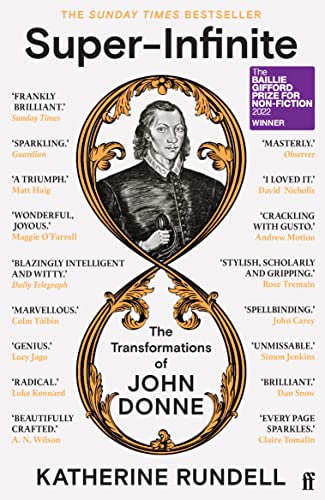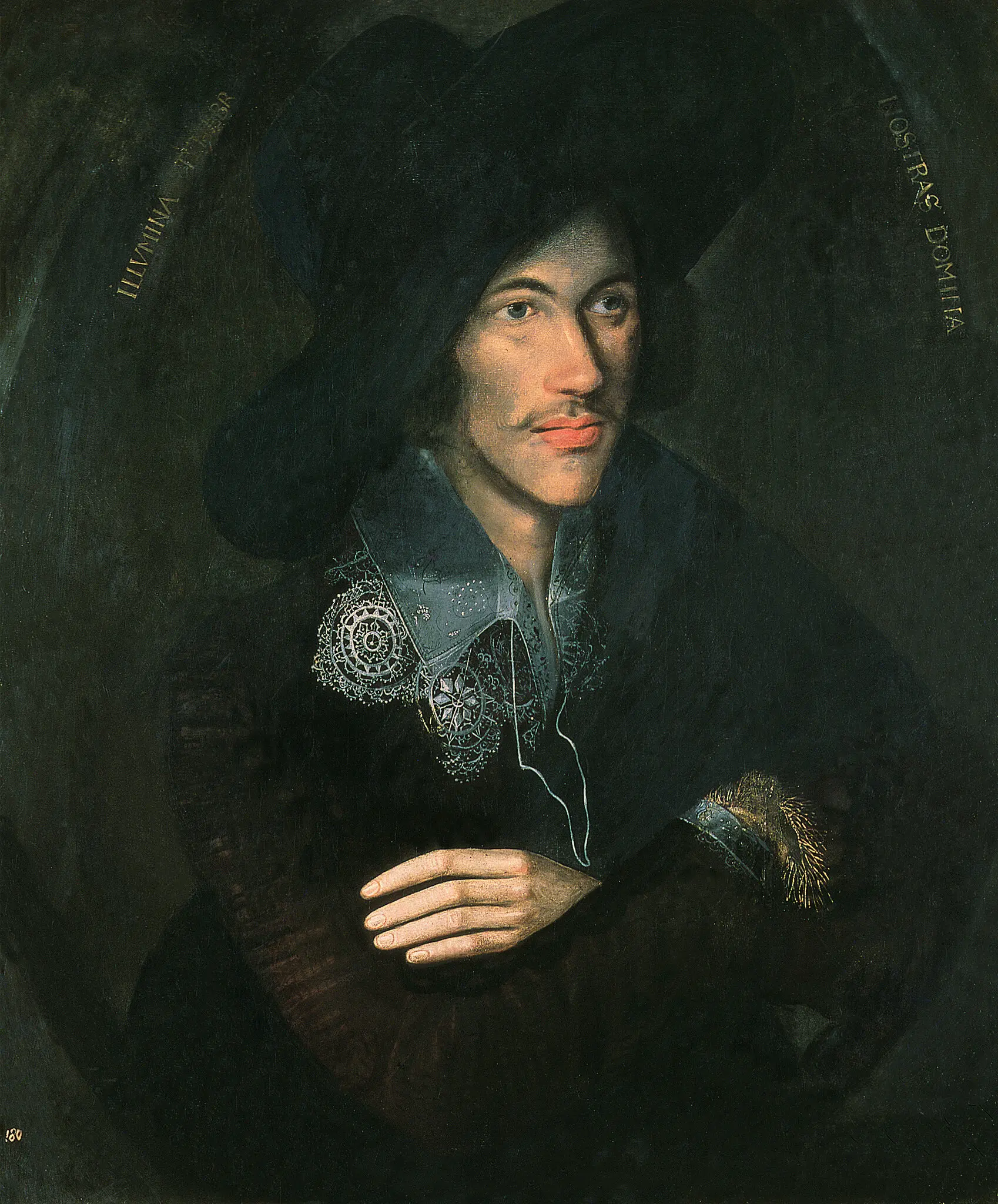Being confined to quarters while a bout of flu ( or something – I have never been very good at diagnosis ) and amidst cancelling appointments ( sorry ) and searching for paracetemol brings some gifts. Determined to leave the e mails to answer themselves ( wouldn’t that be nice) I decided to have a deep dive into 
I was a little put off by the most comprehensive set of adjectives on a front cover possible ( marvellous, sparkling, brilliant etc, etc …) but as pages were turned the book was just what this bed bound reader needed.
Katherine Rundell, a fellow of All Souls College Oxford and specialises in Renaissance literature opens up Donne with skill, insight and a playful grasp of the paradoxes and ambiguities of this and our human life. It is one of those books that manages to combine depth with clarity of thought and accessibility. Reading it was to be deeply nourished and enlarged by the skill, tenacity and energy of this researcher and writer. In this complex period of English history, Katherine Rundell is a careful and considerate guide – always being clear about what we can know, and what is informed speculation based on the best evidence.
I was familiar with some of the poetry of John Donne but , unaware of what shaped some of this brilliant writing. He lived myriad lives – a religious outsider, a celebrity preacher, a social disaster, but also an establishment darling. Donne, Rundell shows us was never just one thing ( and which us is …..) for this man was a lawyer, a sea adventurer, a priest and the dean of Saint Pauls. In this energy and life and chaos emerged a fluency of articulation of life and death that has made him into one of the greatest architects of love poetry in the English language.
Rundell opens up her biography of John Donne by reflecting on what is called Lothian portrait (above) by an unknown artist in about 1595. Above all she argues,
‘ he saw both of the chaos and potential of us. We are, he believed, creatures, born, transformable. He knew of transformation into misery…. Transformation of himself from failure and penury, to recognition within his lifetime as one of the finest minds of his age…… Amid all Donnes, reinventions, there was a constant running through his life and work: he remained steadfast in his belief that we, humans, are once a catastrophe and a miracle’ (pp4-5)
Throughout the chapters, we learn how body and imagination are meshed together – how inseparable the soul is from the body, and how we should always struggle to the bestow physicality on the abstract. Part of the brilliance of his poetry and writing emerged out of his own struggle with his frail and diseased body. Out of vulnerability and pain, emerge passion, desire, love, hope, pain, despair, and an extraordinary ‘musical duet’ between perfection and imperfection. Eternity, in its particular manifestation, as infinity, undergirds the deftness and skill of his work.
Read at a time when social media offers a daily reminder of the complexity of views and conflicts ( particularly in the Church of England) on human identity and the boundaries around lifestyle and sexual expression – it is hard not to wonder what John Donne would have made of our debates and conflicts in an age when religion is in sharp decline.
What are we to say about eternity? Where is God within the interplay between sex and death? How do we capture John Donnes vision which is at the same time powerful eloquent, and strange?What are our languages of truth ? Perhaps poetry and some ‘spiritual deep diving’ might help us live with these contradictions and paradoxes?
One interviewer commented that Rundell brings the Renaissance poet to life, as if he were still with us. I think this captures the magic and sheer brilliance of these chapters. She does not underestimate the complexity of some of his poetry, which is frankly, quite difficult in places to comprehend. However there is a promise that if we focus and give the words care and attention and a degree of intellectual strain, there is the possibility that in return, like cracking a safe, there is gold inside.
It is perhaps with a treasure of honesty, goodness, imagination we should face the moments day and its perplexities. We surely need a skilful, but accessible use of words and images that might describe the moment? How might we seek to illuminate, deepen and enlarge our understanding of time and place and the particular predicaments in 2023.
Donne may well have helped us to name the particular contradictions of pandemic and explored the spiritual hunger that pervades below the surfaces of our anxiety.
So – back to the front cover and those adjectives – they are as I hope will have been made clear – well deserved. This is one of the best books to have excited my imagination of some time. Thank you Katherine Rundell for the adventure, your learning and passion for this man and his poetry.

